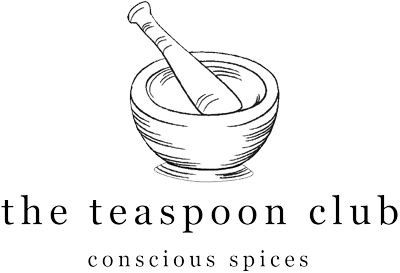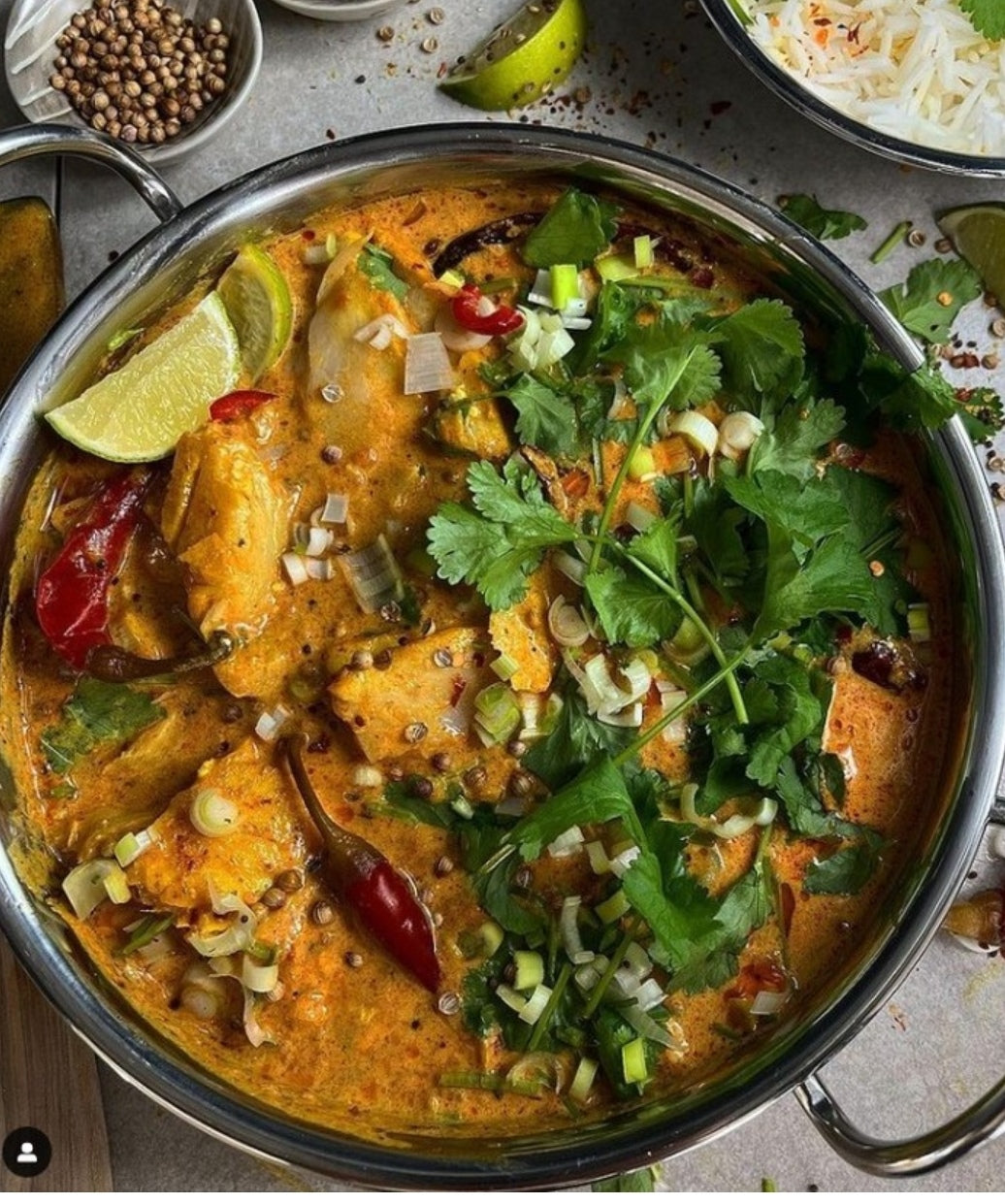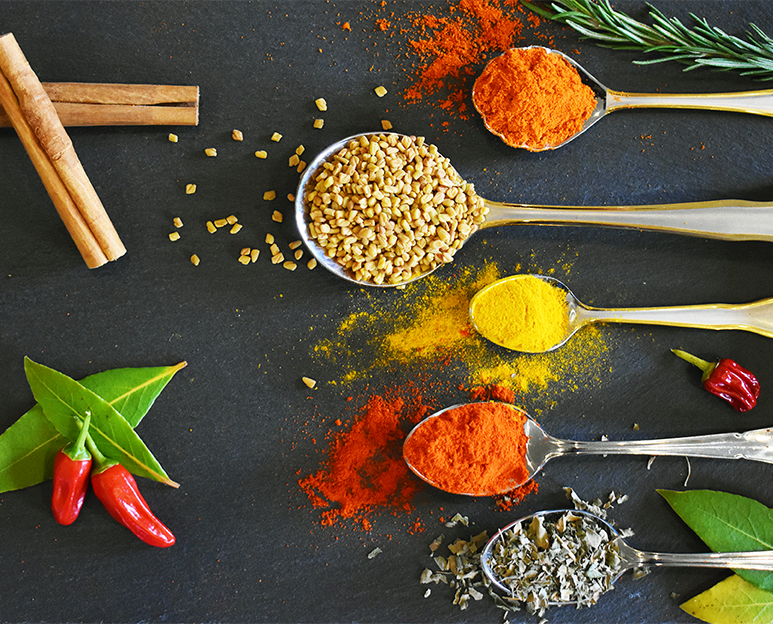Recycling 101: How To Make Sure You're Getting It Right
Though it’s true that, in principle, most things can be recycled, whether or not it actually is recycled depends on how economically it can be done. This depends a lot on things like location and proximity to recycling plants and the emissions needed to transport waste there, as well as how effectively it can actually be recycled. With the UN’s group on environmental planning meeting next week to discuss plastic-pollution and what can be done, we thought now was the perfect time to dive into our plastic waste and what we can do about it.

Types of plastic
Not all plastics are the same! With the average UK household disposing of up to 66 pieces of plastic a week, making sure we get our plastic recycling correct has never been so important. Some estimates put the UK second in the world for plastic-waste production, a problem that is all our responsibility to help.Soft drinks and water bottles, fruit punnetsWith all councils recycling them kerbside, this plastic is top of the list in recycling ease. It’s made of Polyethlene terephthalate and often goes onto produce more bottles. It’s easy to recycle- so make sure you do!
Milk bottles, cleaning products, toiletry bottles
These high-density polyethylene products are also recycled by all councils and rank highly in ease of recycling. Another one to wash and pop straight into your won recycling bin.
Yoghurt pots, tubs, meal trays, toiletries
Made from polypropylene, these are often recycled to form gardening materials, clothing fibres and bins and are collected by most councils. If yours don’t, you can still drop them off at a recycling centre/ hub near you.
Food bags, like shopping bags, magazine wrappings
It gets trickier when we move to plastics like these, which are made from low-density polyethylene. They are rarely collected by councils, though, as they can be recycled, many supermarkets and shops now hold recycling drop off boxes for these softer plastics to be recycled. They can be recycled into bin liners and bags for life.
Food packaging like crisp packets and salad bags
Possibly the hardest of the bunch, these plastics are often made of composite materials with a layer of aluminium making it incredibly difficult to recycle them. A growing number of shops are now introducing collection points to recycle them, though no councils recycle them kerbside. They can be recycled into plastic furniture and construction materials. Avoid buying them when you can, and be sure to collect them and drop them off at recycling hubs that accept them once you can.

Top tips
For plastics, there are some things you can do to help the effectiveness of recycling and increase the chance your waste can be repurposed into something useful.
-
Screw your lids- start by screwing lids back on. On their own the lids are often too small to make it through recycling machines.
-
Squash bottles-it stops them rolling off the conveyor belts as well as reducing the space they take up in transit
-
Rinse- you don’t need to scrub everything crystal clean, but you do want to make sure that your empties don’t contaminate card or paper they might be travelling with and prevent them being recycled. A quick rinse does the job perfectly!
-
Colour doesn’t matter (as much anymore!)- whatever the colour of your hard plastic, recycle away.
-
Compostable plastics- Really double check your compostable logos. If products are advertised as having biodegradable plastic packaging, this often just means the plastic breaks down into smaller plastic pieces. These can’t be recycled and ultimately means we just end up with tiny pieces of plastic that are more difficult to tackle! These belong in your main household bin. If your plastic-alternative is HOME COMPOSTABLE (like our packaging) it can go straight into your food waste. Read more about the choice we made to use Vegware and the impact thet has here.
Where does it go?
The unpleasant reality is that a lot of our recycled products don’t get recycled. Some gets shipped overseas, and we don’t really know what happens to it. This doesn’t mean we should stop recycling though, but it does mean we should focus on eliminating and reducing our plastic waste above all else.
What's the impact?
For some positive news, here are some stats shared by ‘Recycling Bins’ on the impact of recycling:
-It takes 95% less energy to recycle aluminium cans than it does to make new ones.
-Recycling five plastic bottles creates enough insulating fibre to fill a ski jacket.
-Each tonne of recycled paper saves 380 gallons of oil, 7000 gallons of water, and around 3 cubic metres of landfill space.



